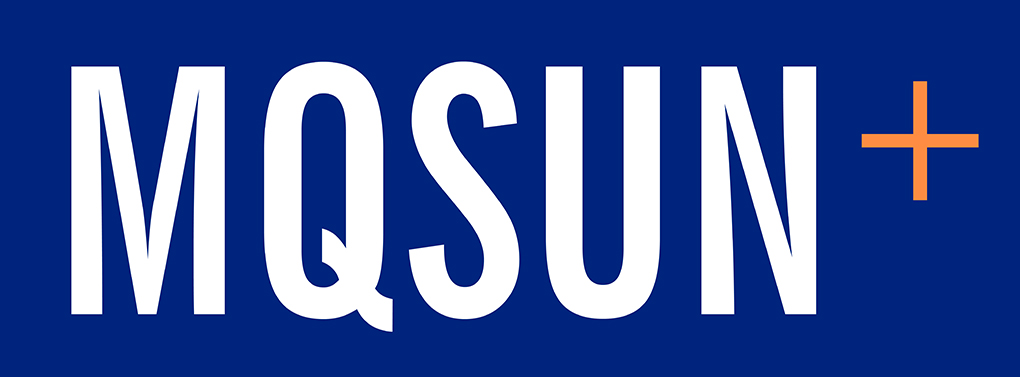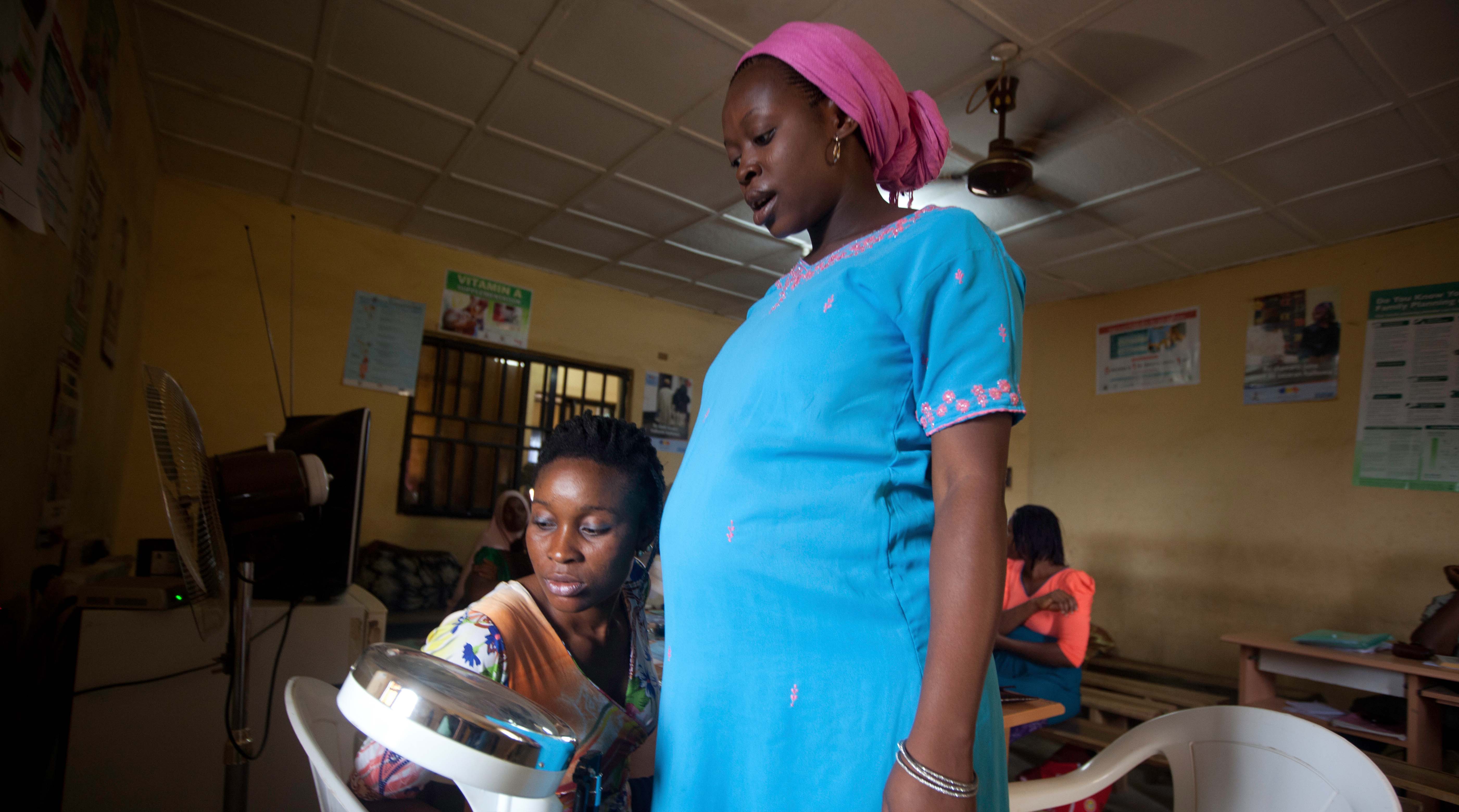This report is the latest in a series which presents detailed information on United Kingdom Department for International Development (DFID) aid investments to improve nutrition. Building on previous reports (Development Initiatives, 2014; 2015; 2016; 2017; 2018) regarding investments made between 2010 and 2016, and using the Scaling Up Nutrition Movement’s agreed methodology, this report analyses the latest data for 2017 alongside historical data and finds the following:
- DFID has exceeded its nutrition-sensitive Nutrition for Growth (N4G) commitment ahead of its target and is on track to meet its nutrition-specific N4G commitment at the end of 2020.
- DFID disbursed US$895 million of nutrition-related official development assistance (ODA or aid) to developing countries in 2017; 8.2% more than in 2016.
- This includes US$188.3 million of nutrition-specific aid and US$706.3 million of nutrition-sensitive aid—both of which increased in 2017.
- Relative to DFID’s total spending, its spending on nutrition reached 11.0%, up from 10.6% in 2015 and 9.2% in 2016.
- DFID supported 147 nutrition-related projects, including 40 projects with both nutrition-specific and nutrition-sensitive components, reflecting a growing integration of nutrition and other objectives.
- Humanitarian projects continue to constitute much of DFID’s nutrition-related spending, affecting how its nutrition spending is spread across different activities and countries.
- DFID’s spending reached fewer specific countries in 2017: 30 countries, down from 35.
- Spending to 17 countries increased, spending to 13 decreased, and to 5 others spending halted.
- Yemen was the largest single recipient of nutrition aid in 2017, receiving US$77.9 million, followed by South Sudan (US$71.0 million) and Somalia (US$70.2 million); each received principally humanitarian support.
This analysis was carried out by Development Initiatives under the MQSUN+ consortium.


